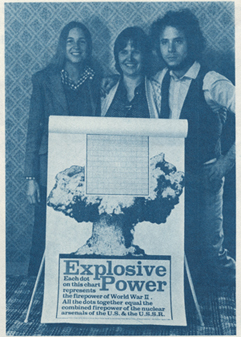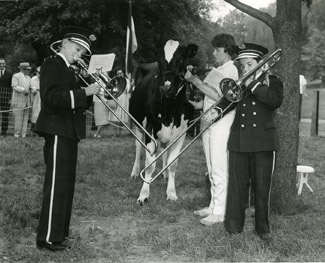Northeast Kingdom Quaker Meeting Records
The meeting was known as Barton-Glover Friends Meeting from its founding in 1985 through 2015. In 2016, the meeting changed its name to Northeast Kingdom Quaker Meeting. The group began in 1980 as a worship group under the care of Burlington Friends Meeting and met in private homes. In 1985, the group began meeting in the basement of the Barton Public Library and does not have a meeting house. In 1992, the worship group became a monthly meeting in the Northwest Quarter of the Society of Friends. The meeting is an unprogrammed meeting with attendance that has ranged over the years from 10-25. Members and attenders are primarily residents of Orleans County and seasonal residents of the area.
The collection consists of minutes for Meeting for Business of the Quaker meeting known as Northeast Kingdom Quakers, based in Orleans County, Vermont.



